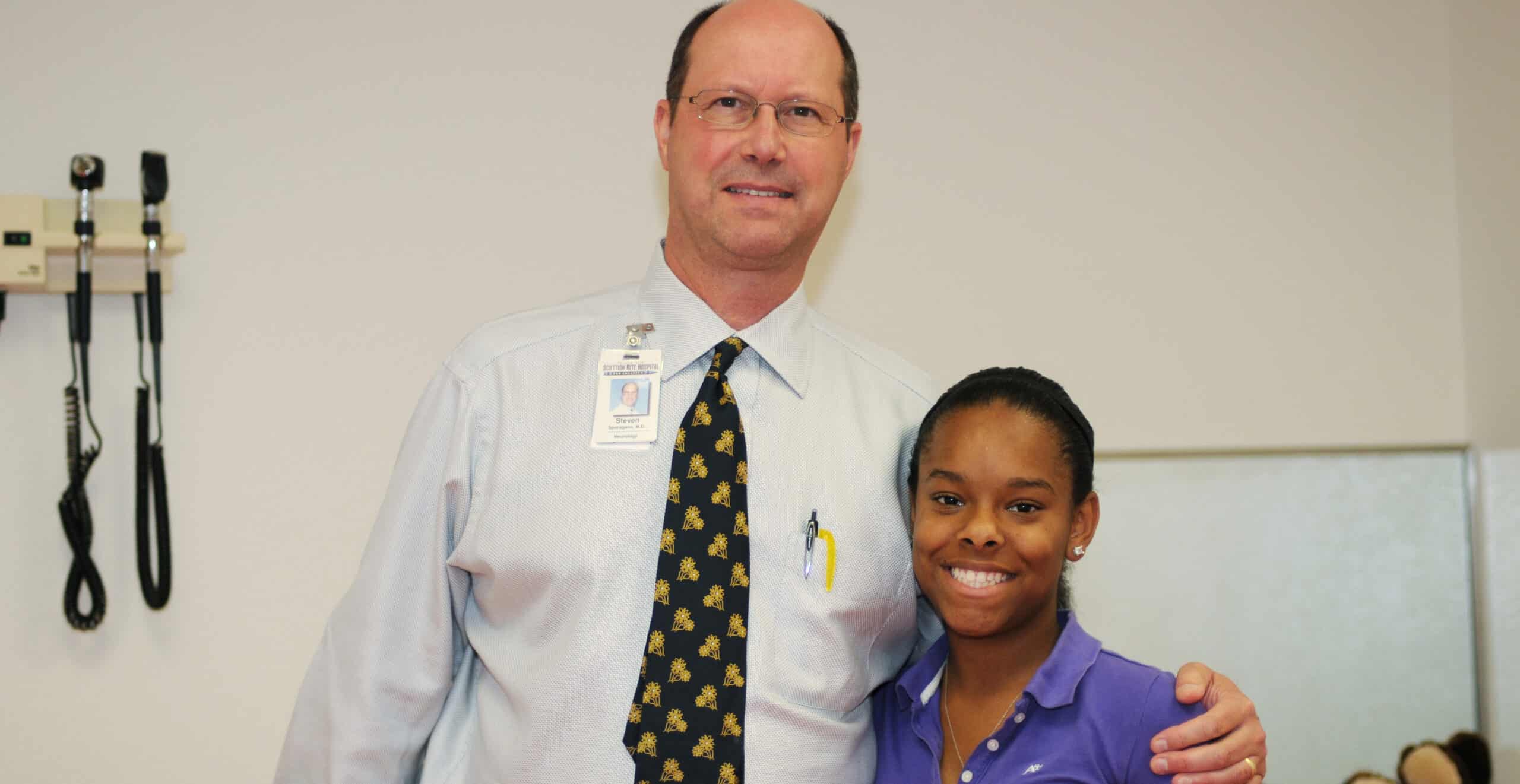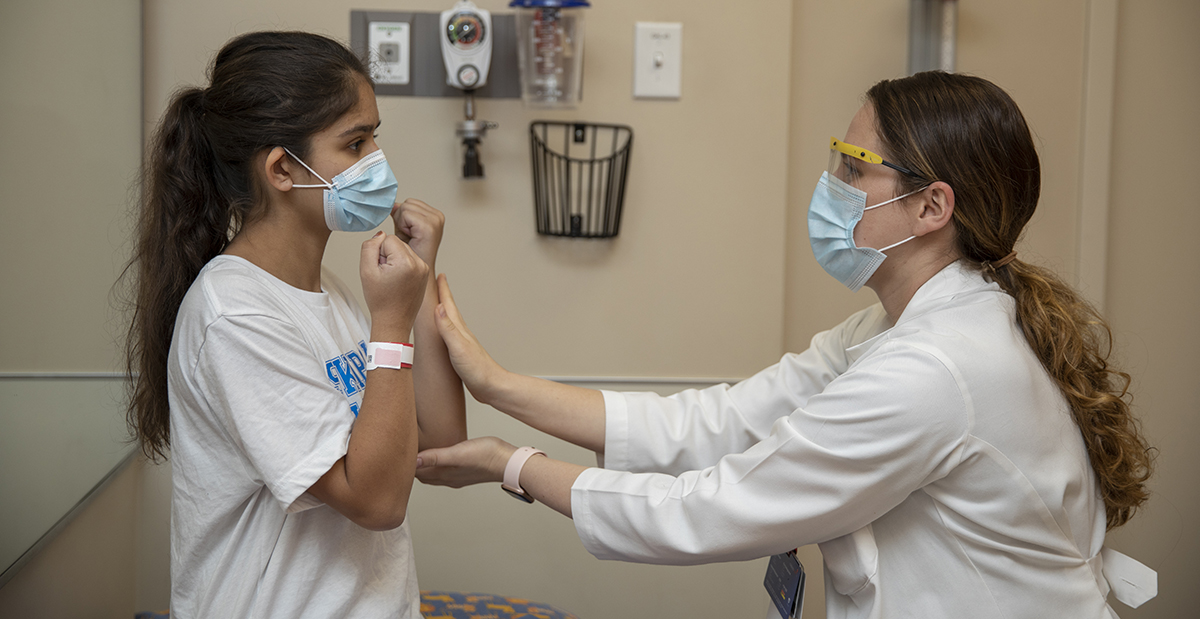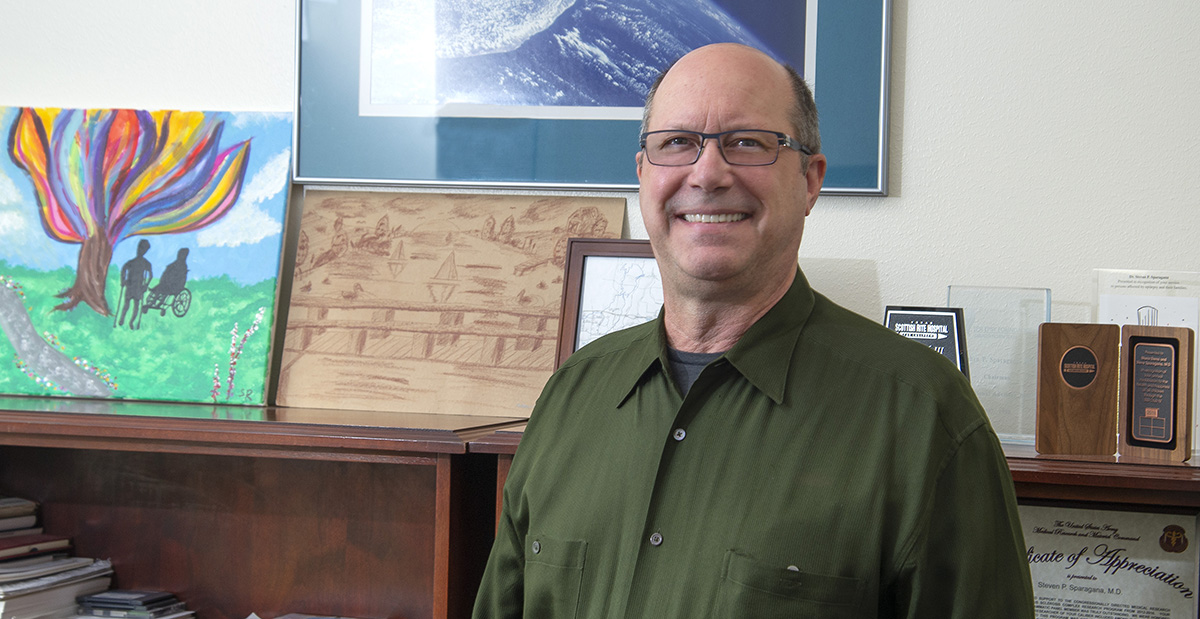SCOTTISH RITE FOR CHILDREN NEUROLOGIST STEVEN SPARAGANA HONORED WITH LEGACY FUNDFund will support tuberous sclerosis complex research May 17, 2024 – The TSC Alliance® announced it has established the Steven Sparagana Legacy Fund to honor the upcoming retirement...




